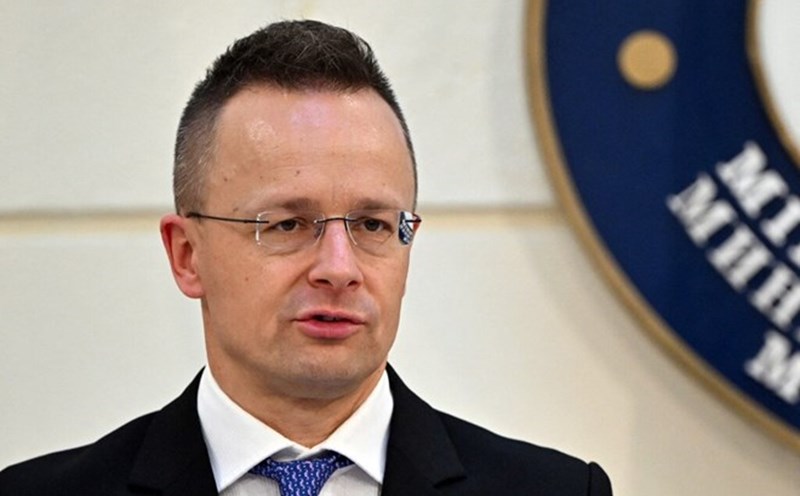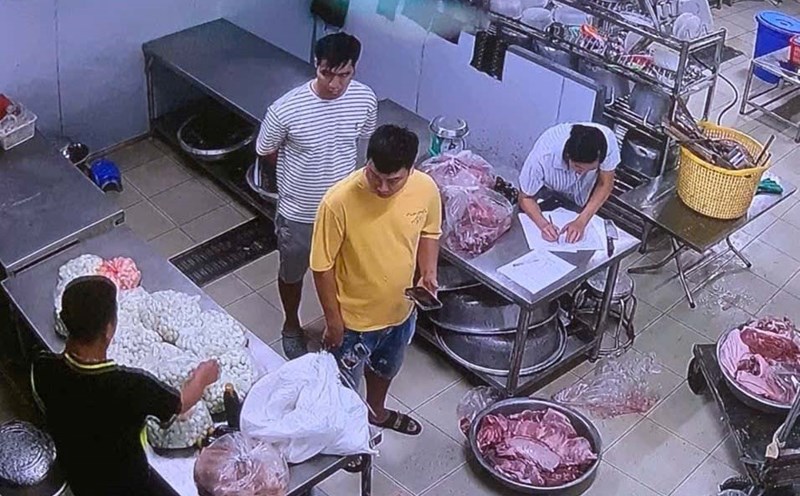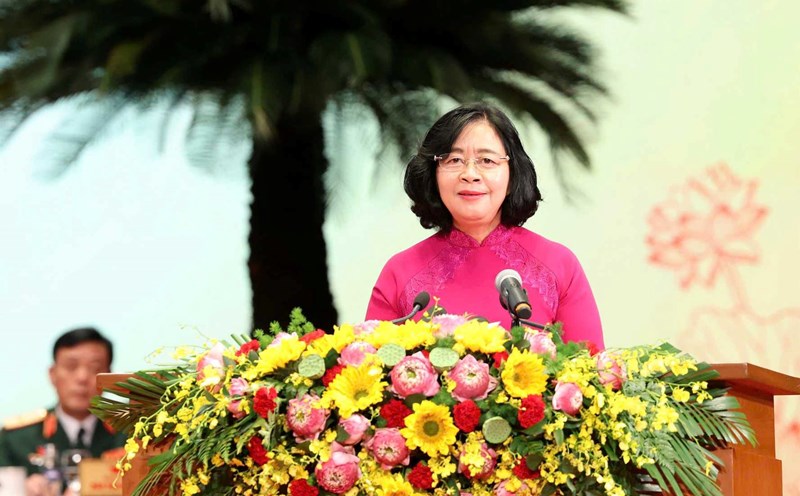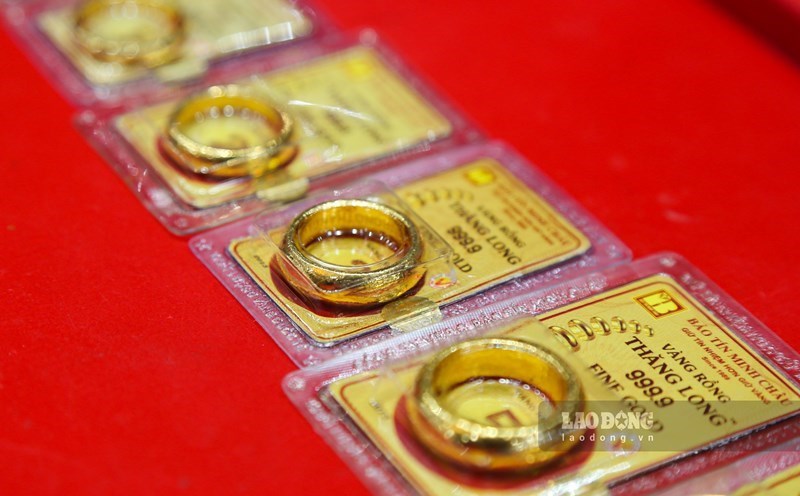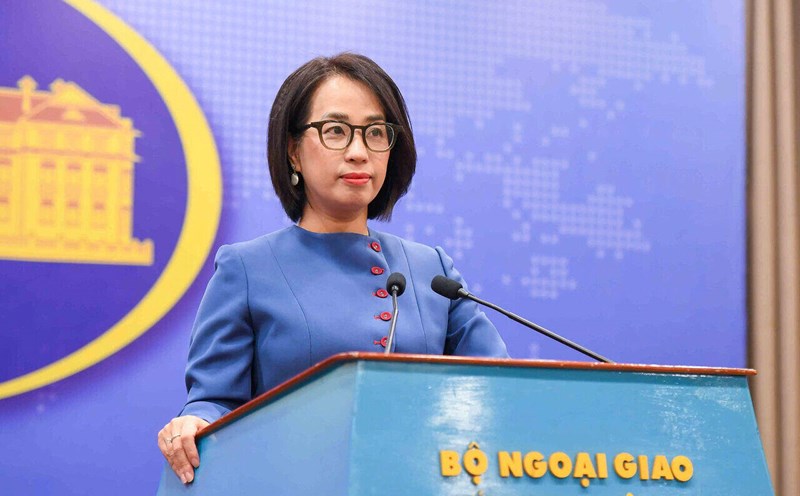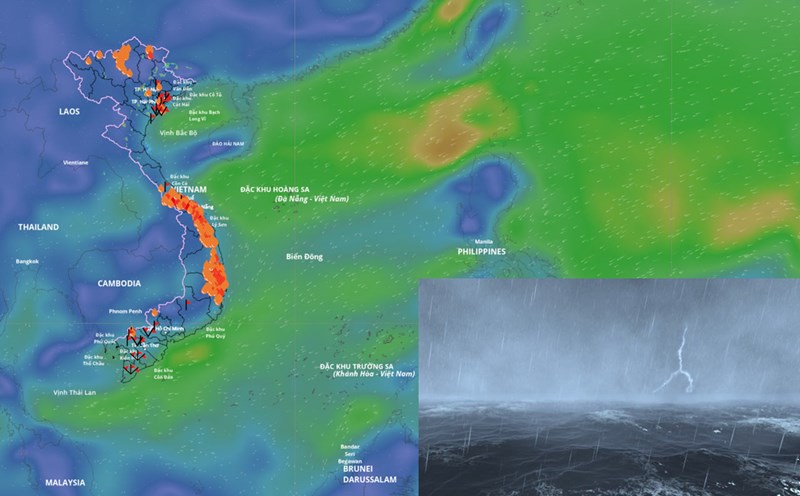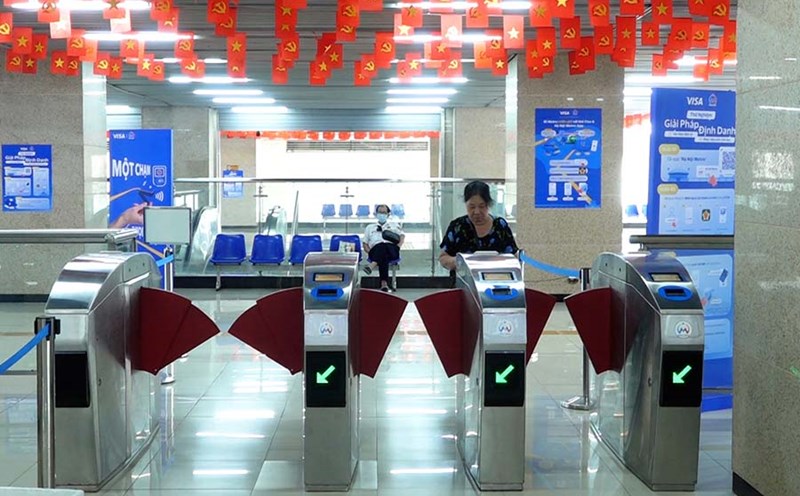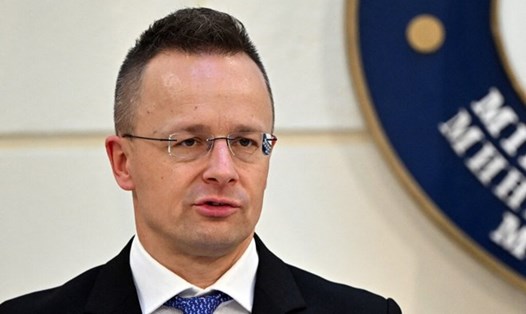Controversy over rare earth continues to escalate as the two sides continuously criticize each other over Beijing's new export control measures.
US Trade Representative Jamieson Greer called China's decision "an effort to gain control of the global supply chain", saying that Beijing could avoid the risk of being reimposed a tripling of tariffs by President Donald Trump if it waives the measure expected to take effect on November 8.
China affirmed that it had informed the US before announcing the new licensing mechanism, emphasizing that these measures are completely in line with international practices and similar to the regulations that many other major economies are applying.
Chinese media published 7 infographics refuting US allegations, saying that Washington had "inflated national security concerns" and "abused export control measures" with a list of more than 3,000 items, while China only controlled about 900.
Tensions between the two major economies broke out after a phone call between President Donald Trump and President Xi Jinping in September.
Beijing said that Washington was the spearhead when the US Commerce Department suddenly expanded its factories to include more Chinese companies and foreign partners accused of trying to circumvent technology restrictions.
Washington blamed Beijing for imposing controls on important mineral exports, which President Trump described as a shocking move.
Both sides are seeking to assert their position in the global technology supply chain, in the context of rare earths - a key material source for the production of chips, electric vehicles and modern weapons - becoming the focus of strategic competition between the two superpowers.


